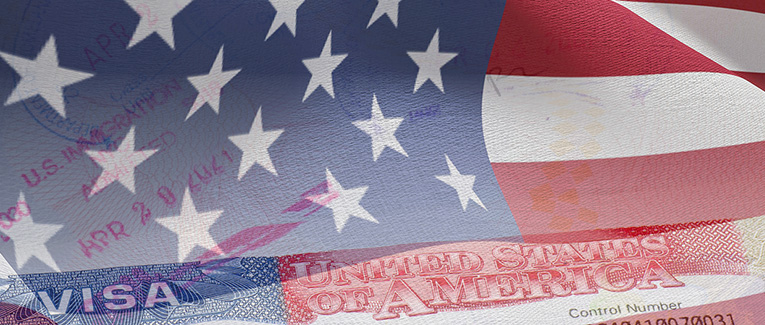
The H1B visa category is an expedient and lawful method to bring foreign-born professionals temporarily to the United States and, therefore, one of the most widely sought-after visa classifications for employment in the United States.
An individual may work in H1B visa status for a maximum of six years. However, a petition will not be granted for more than three years. An extension of stay is requested if an individual is in H-1B status already, and he or she is eligible for a longer period of employment. Certain aliens working on Defense Department projects may remain in H1B status for 10 years.
USCIS will generally not grant an H1B petition for self-employed people. A petition may be filed by a job contractor, namely a person or entity that pays its employees for services performed at the work sites of other employers.
Please note that it is possible to get your H1B visa approved for more than 6 years in some cases depending upon your employment-based green card processing status. Please refer to the appropriate section here to find out more about how you can extend your H1B visa for more than 6 years, either 1 year at a time or 3 years at a time.
The advantage of an H1B visa is that you can work legally in the U.S. in nonimmigrant status and get the visa relatively quickly after the petition is approved. You may travel in and out of the U.S. or remain in the U.S. until the visa expires. An H4 visa is available for accompanying family members of H1B visa holders (spouse and minor children under 21).
In general, most nonimmigrant visa classifications require that a person maintain a foreign residence abroad and show that he or she is coming to the U.S. temporarily. However, the law allows a person on a H visa to have “dual intent”, which is arguably the most beneficial aspect of obtaining this visa. Under the dual intent doctrine, a person may come to the U.S. temporarily and lawfully seek permanent residence (for himself/herself and immediate family members, spouse and children under 21) in the United States at the same time, without affecting H1/H4 status. Therefore, the filing of a labor certification or an employment-based preference petition will not cause denial of an H1B petition filed with USCIS or an application for an H1B visa at a U.S. Consulate abroad. While a green card application is pending, H1/H4 visa holders can travel in and out of the U.S. using a non-expired H1/H4 visa without need for Advance Parole or an EAD. H1B foreign specialty workers are not required to maintain foreign residence and may seek permanent residence in the U.S.
If you plan to work for multiple employers (either full time or part time), each employer must file a separate H1B petition.
The employer is responsible for return transportation costs for an employee terminated prior to the end of the approved period of employment.
You can not file H1B application for yourself.
H1 visa holders can buy a house or any other real estate property in the USA. H1 visa holders can also invest money in stocks, mutual funds, bonds, etc. H1 visa holders cannot be self-employed, freelancers, or do contract-type of work in their free time.
If the beneficiary of an H-1B visa is in the U.S. in valid status (e.g., F1 visa), he or she may change status. If the beneficiary is not in the U.S., he or she must go to the U.S. Consulate to apply for an H1B visa upon USCIS’s approval of the employer’s petition.

